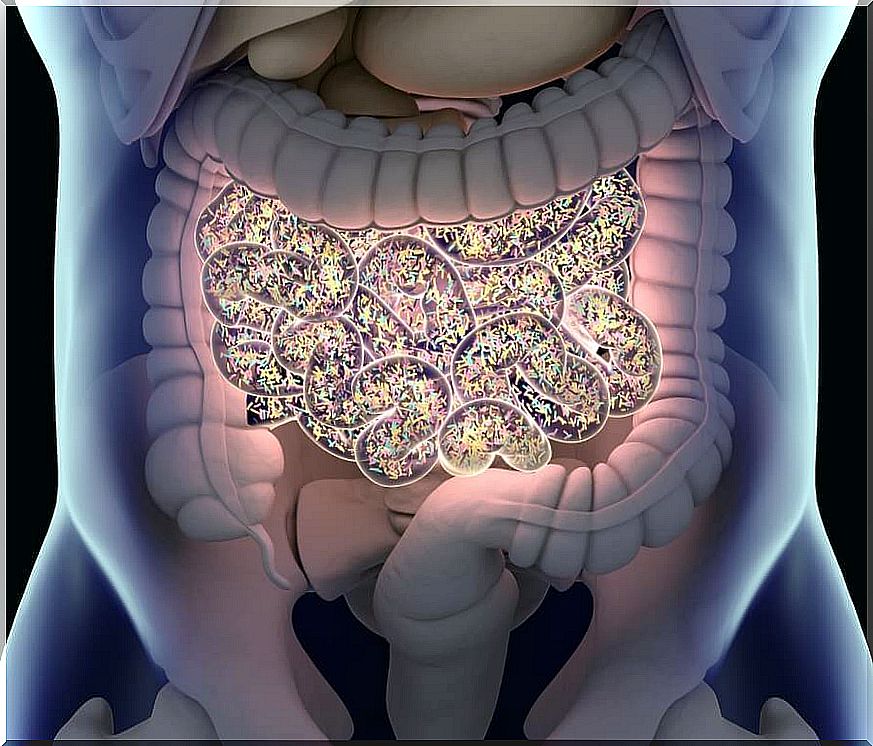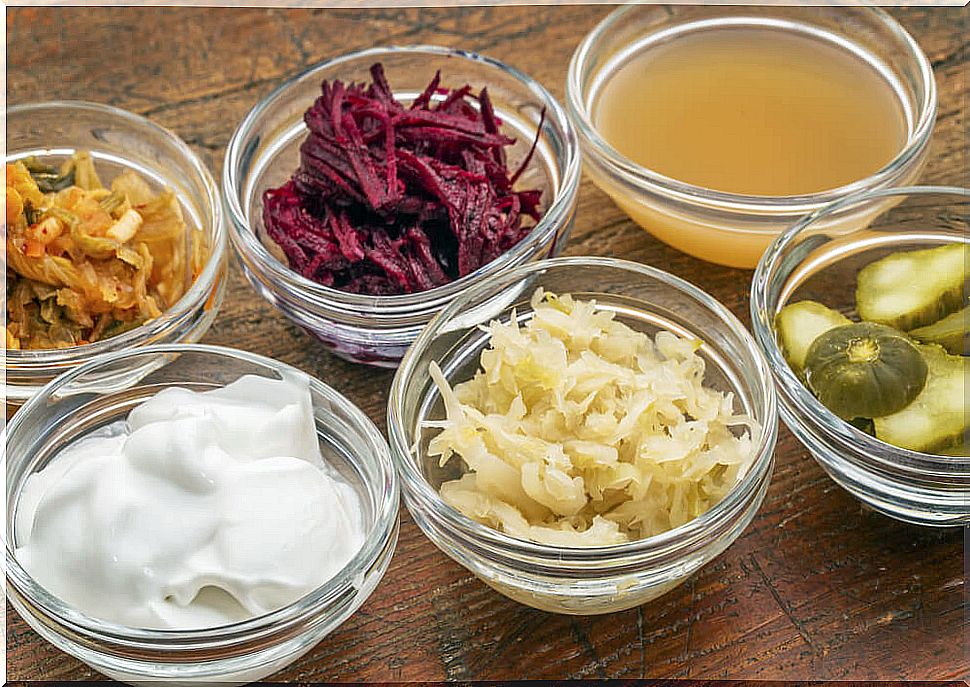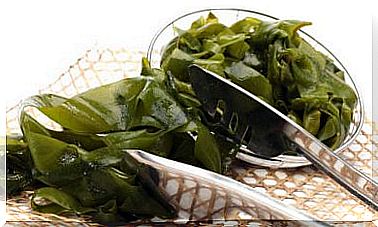Why Is It Good To Eat Fermented Foods?
Currently, in the world it is increasingly common to eat fermented foods, constituting between 5% and 40% of the human diet.
Many regions have their own traditional fermented foods, such as yogurt, cheeses, crème fraîche or soy sauce. Also multiple drinks, such as kefir (fermented milk), kombucha (fermented tea), beer, or wine.
Other examples are miso from Japan (fermented soybeans), kimchi from South Korea (spicy fermented cabbage), or sauerkraut (fermented cabbage) from Germany – and these are just a few!
Fermented foods have been consumed for centuries around the world. But in recent times they have become very fashionable. Why is it good to eat fermented foods? In this article we will tell you about it.
Benefits of eating fermented foods

The possible benefits of including different types of ferments are multiple:
- More nutritious and digestible food: since bacteria carry out part of the digestion of the food we eat.
- Fermentation increases the presence of important vitamins, such as vitamin K, which is difficult to find in unfermented foods. It is a key vitamin for bone and heart health, as well as prevention of certain types of cancer.
- They promote the modulation of the immune system. Remember that 70% of your defenses are in the intestine. A poor microbiota increases the risk of many diseases.
- Different fermented foods contribute different bacteria, increasing our bacterial diversity. And greater diversity of the microbiota is linked to lower health risks.
What are the health benefits of fermented foods?

Fermented foods could have multiple health benefits, not just from a basic nutrition standpoint. Scientists continue to investigate exactly how they influence the body and health.
Fermented dairy products may help reduce the risk of cardiovascular disease. Yogurt consumption is also associated with a healthy body weight and protection against type 2 diabetes.
Fermentation can improve the quality and digestion of proteins, and increase the content of vitamin B and vitamin C. In addition to improving the absorption of different minerals, such as iron and zinc.
Also, fermented foods are easier for some people to digest. For example, people suffering from irritable bowel syndrome or in the case of lactose intolerance. The bacteria used to make yogurt make lactose easier to digest.
Some fermented foods contain live microorganisms, some of which are probiotics and can support intestinal health. The number of microorganisms present in the intestines increases when fermented foods are eaten, possibly beneficial.
So what is recommended? Should we eat fermented foods for health reasons?

Fermented foods have been a part of the human diet for centuries and are said to positively influence health in many different ways. For this reason, more and more, the guides on feeding affect the habitual consumption of these foods.
If you have never tried fermented foods, to start consuming them you can put yogurt in smoothies, eat a miso soup for lunch or accompany your dinner with sauerkraut, chop some sourdough bread with cheese toast or drink a refreshing kefir.
Keep in mind that fermented foods can add different and interesting flavors and textures to your diet.
Lastly, eating fermented foods can have beneficial effects, although it is still a field of study today. So, to ensure a proper balance, we simply have to try to eat a healthy balanced diet.









